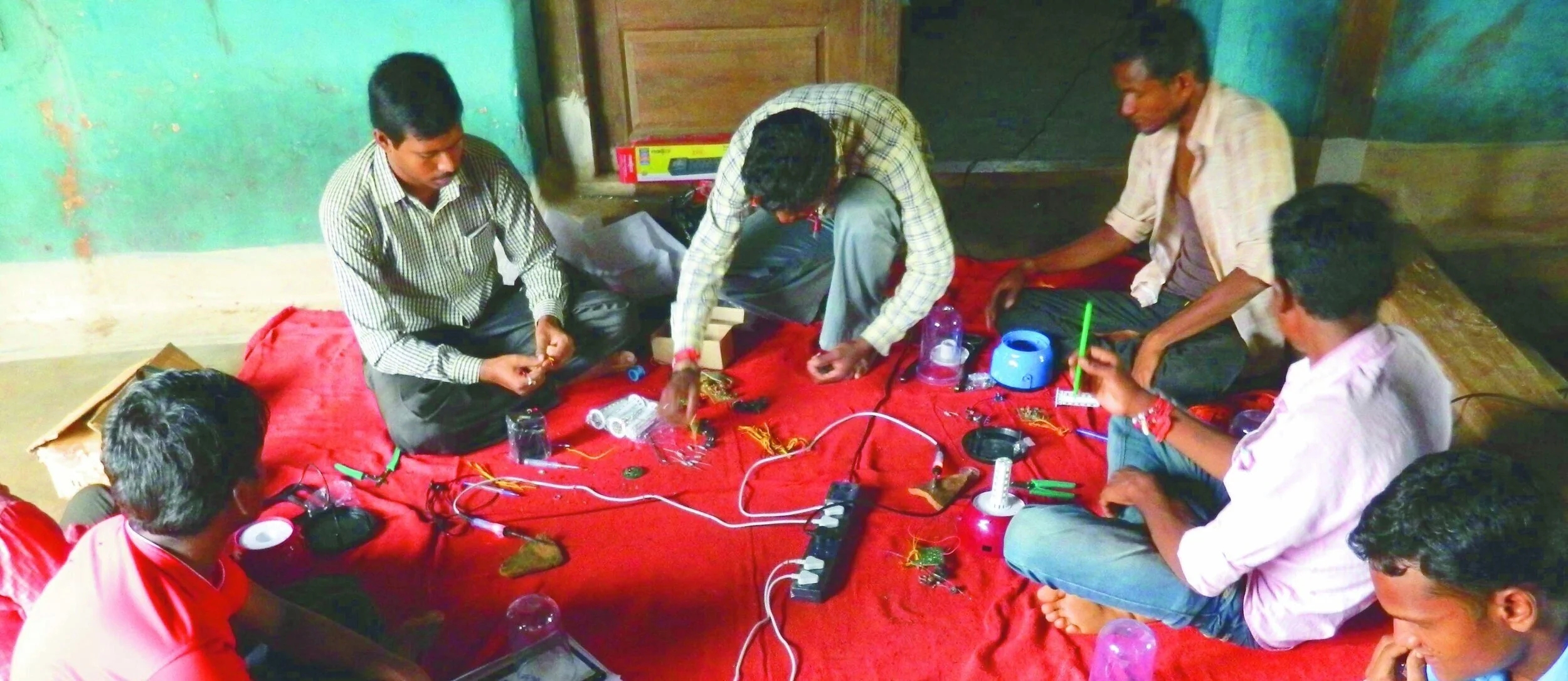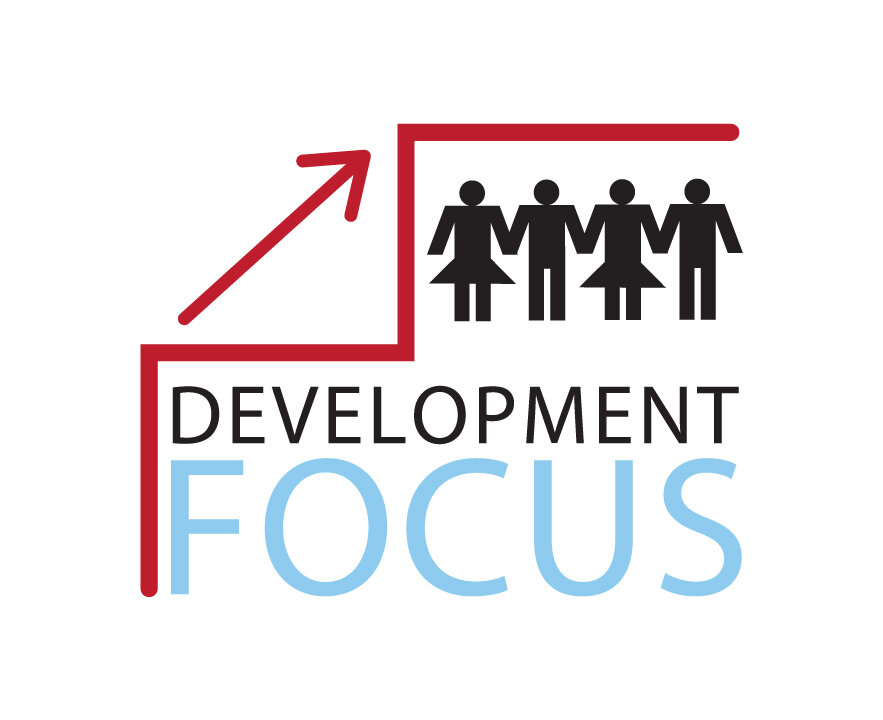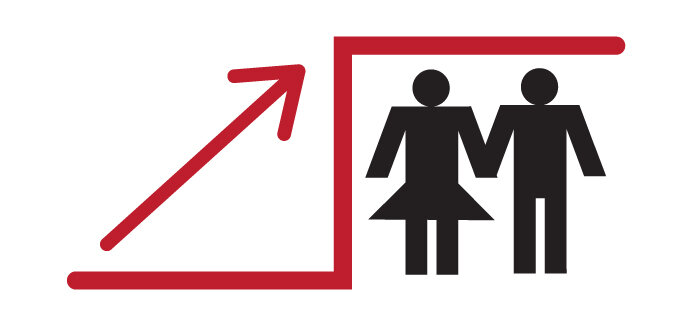
Clean Development Mechanisms
Skilling youth to Make-Market-Maintain clean energy appliances for rural households
Despite techno-economic progress that India has made, over 70% of rural households in remote villages of Central India still use firewood and cow dung cakes for cooking. These make-shift stoves emit smoke and soot leading to respiratory diseases. Women and children also spend long hours collecting firewood and/or spend money to buy them. When it comes to lighting, there are over 25% households in these regions that have no electricity grid supply. They use kerosene lamps for lighting. This project was piloted in villages of Jharkhand, Chhattisgarh, and Odisha. Young boys and girls were trained to Make – Market - Maintain; Fuel Efficient Stoves (FES) and Solar Lanterns (SL).
The overall objectives of the project are:
● Provide livelihood opportunities to marginalized boys and girls in villages.
● Reduce unsafe migration of rural youth to towns and cities in search of livelihood.
● Enhance quality of life for poor rural households through better lighting and improved fuel efficiency for cooking, leading to better health and financial savings
● Reduce carbon emission, to conserve the environment and create a finance opportunity through carbon credits after scaling-up.
● Community participation and ownership in the initiative.
A pilot project was started in 2014 and 480 youth were trained. Several challenges including poor quality of Solar Lantern component supply and the struggle to take up business by the Tribal youth were identified. These were adequately addressed. Post training, every trained youth was provided 3 solar lantern kits that would act as the initial capital or a Fuel-Efficient Stove mould depending on their area of skill acquired. With the wealth of knowledge and experience gained through this Pilot, DF plans to raise funds for a much larger project covering at least 50,000 households to provide Livelihood to many youths and improve the Quality of Life. These further conserves natural resources and propagates safe and healthy lifestyle. Once the spread is large, we plan to apply for Carbon Credit to bring in financial sustainability. Our goal is to create a sustainable environment for the current and future generations of our planet.


